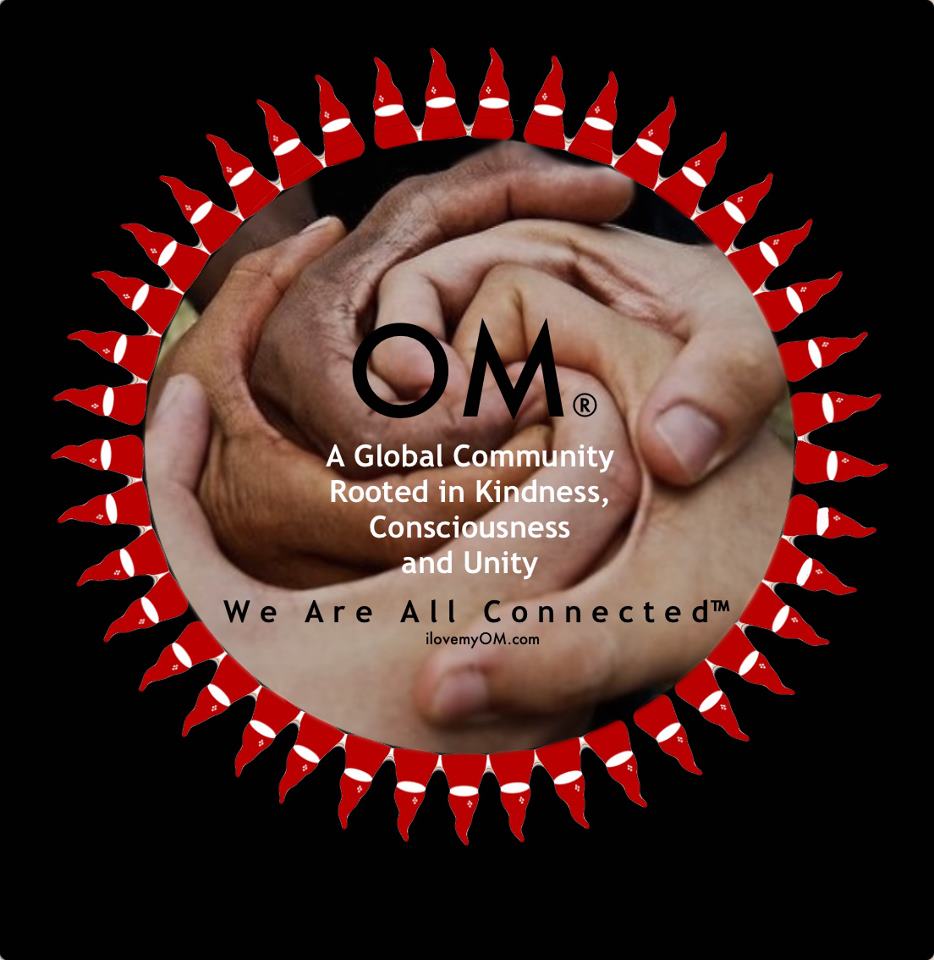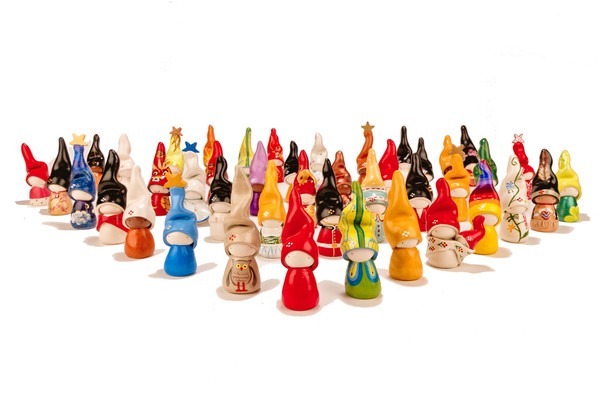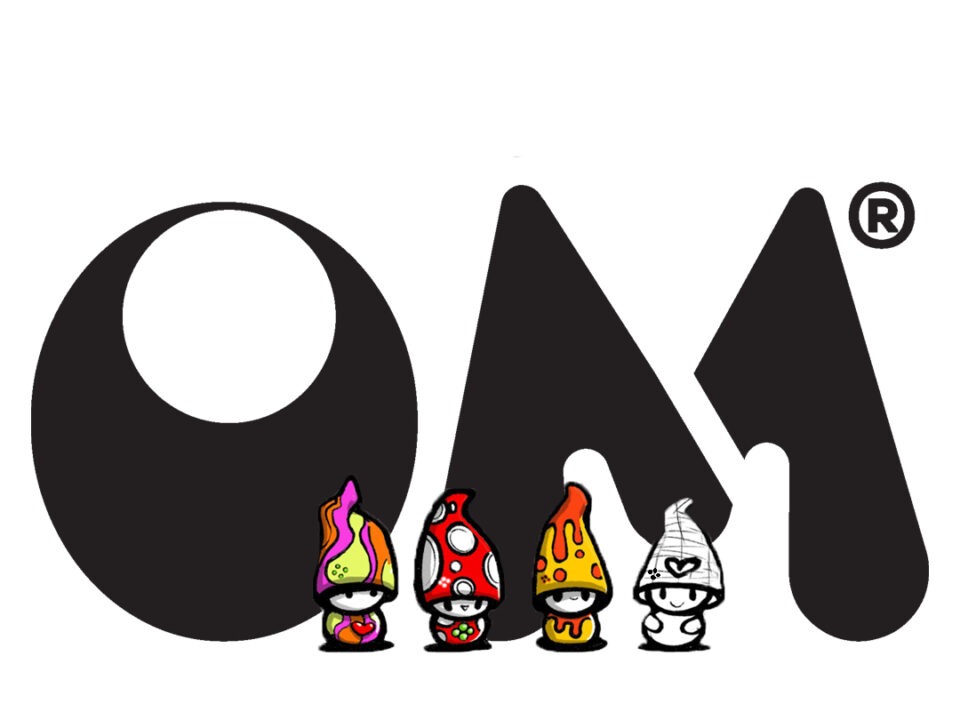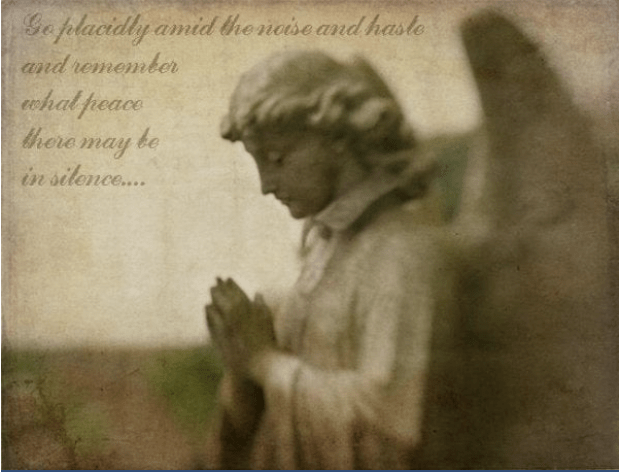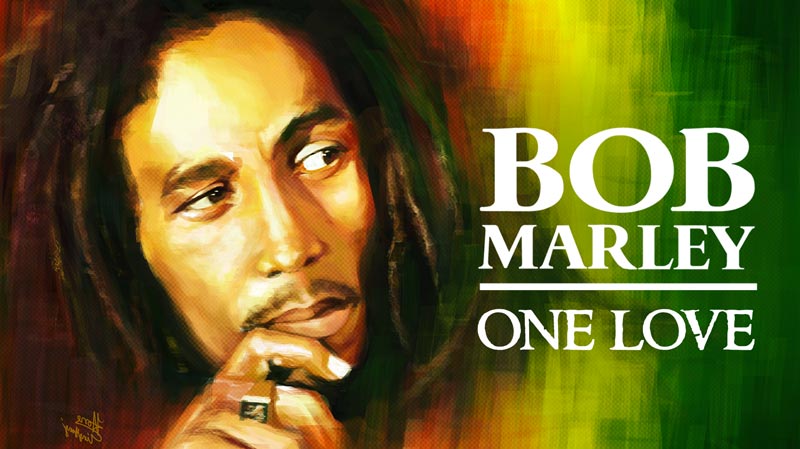There's a Keith Orr in all our lives & it's time to step up!
November 21, 2013'You always shone a light on the path . . .'
December 6, 2013It’s going to be an historic event, a once-in-a-lifetime occurrence. It’s something that hasn’t happened since 1888 and something that might not occur again for more than 70,000 years. That no-one knows exactly when the next one will be demonstrates just how rare this is. It’s a time to be appreciative and grateful and a period that, whilst highlighting our differences, underlines that, deep down, we are all the same. It’s being called Thanksgivukkah.
This is, of course, an amalgam of Thanksgiving and Hanukkah which this week will, for the first time in more than a century, fall on the same day. There’s a good reason that this hasn’t happened during our lifetimes before, this based around the differences between the Gregorian and Hebrew calendars that are used to determine the dates of the respective festivals. It’s a complicated business and one that, if we’re honest, we don’t fully understand. It matters not, for all that is important here is the human aspect.
The shared goals and common causes, the things that bind us together and prove that, for all our differences, we are all connected. Our religious beliefs might differ, but in life, we all need the same things and cherish the same human qualities and values. Thanksgiving and Hanukkah are both celebrations of appreciation, times to be grateful and to count our blessings. That they’ll both be marked at the same time this year is rather apt and is just one more thing for which we’ll be giving thanks.
Nothing divides us – the human race – more than our cultural differences and religious beliefs and to think that, all across the United States this Thursday, people from all different backgrounds will be celebrating similar ideals couldn’t be more heartening.
Professor David Kraemer, from New York’s Jewish Theological Seminary, says the convergence serves as a reminder of the ‘profound connection’ between the two holidays and the people at their heart. Professor Kraemer explains that, in the 17th Century, the Pilgrims modeled their celebrations on a biblical festival called Sukkot, upon which Hanukkah itself is based. ‘Their coming together couldn’t be more appropriate,’ he adds.
Regardless of religion or faith, says Rabbi Julie Schonfeld, from the Rabbinical Assembly, ‘[Thanksgiving] speaks to gratitude, to forces greater than ourselves and calls upon us to help others’.
That’s what we’ll be doing here at OM® and it thrills us to think that, whether it’s being called Thanksgiving, Hanukkah or Thanksgivukkah, we’ll be part of an enormous celebration of the things that make us human and the need to be grateful and give thanks.
To quote from two special Thanksgivukkah blessings that have been brought to our attention in recent days, ‘May all the different peoples, cultures, traditions and lifestyles that constitute America work together to share what we have with those in need’; ‘All want the same things – to feel whole, to know purpose, to apprehend meaning and to experience love. We share more with others than we often recognize . . . whoever we are, wherever we are and whatever we believe, let us make the most of this once in many lifetimes opportunity.’
Happy Thanksgivukkah.
